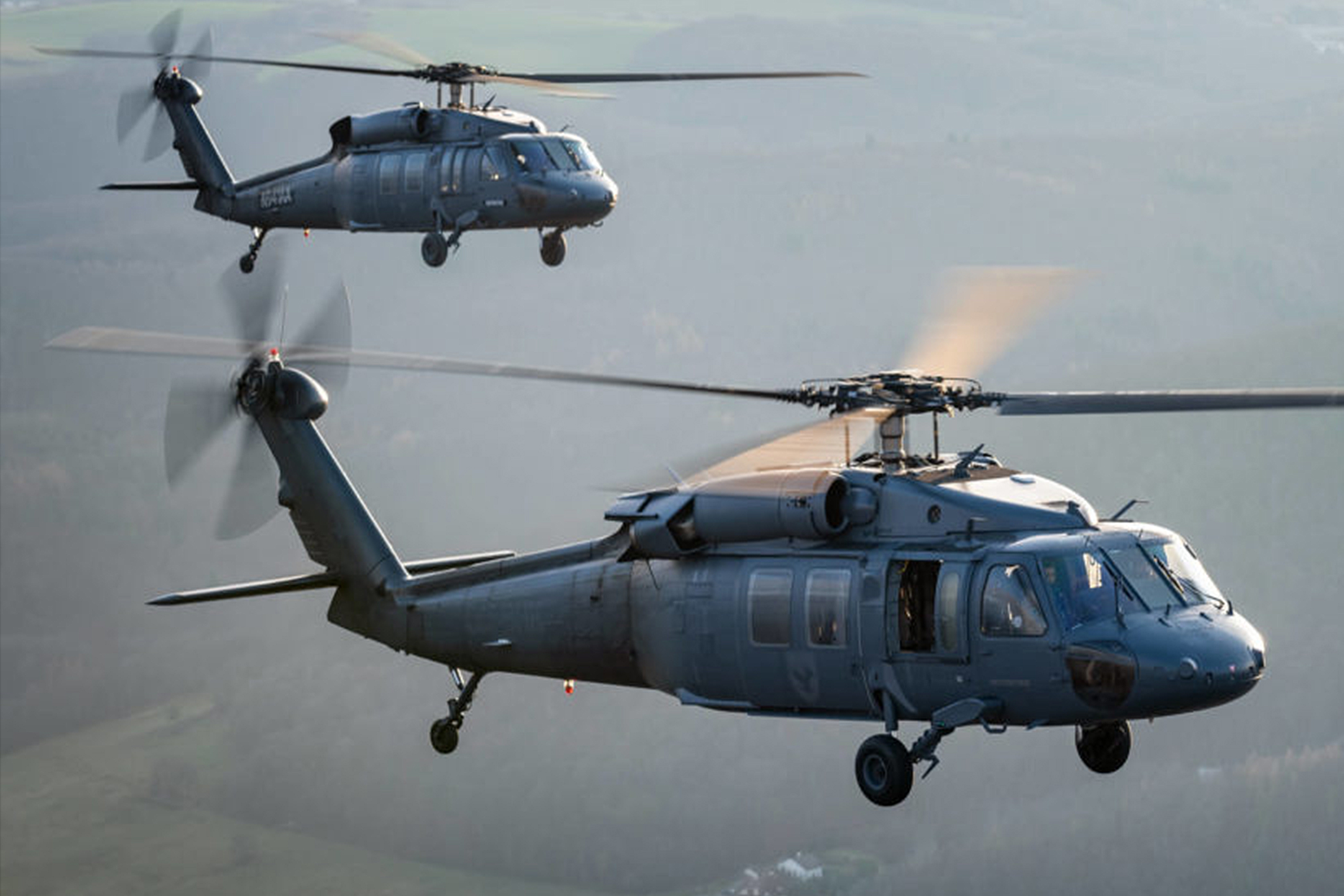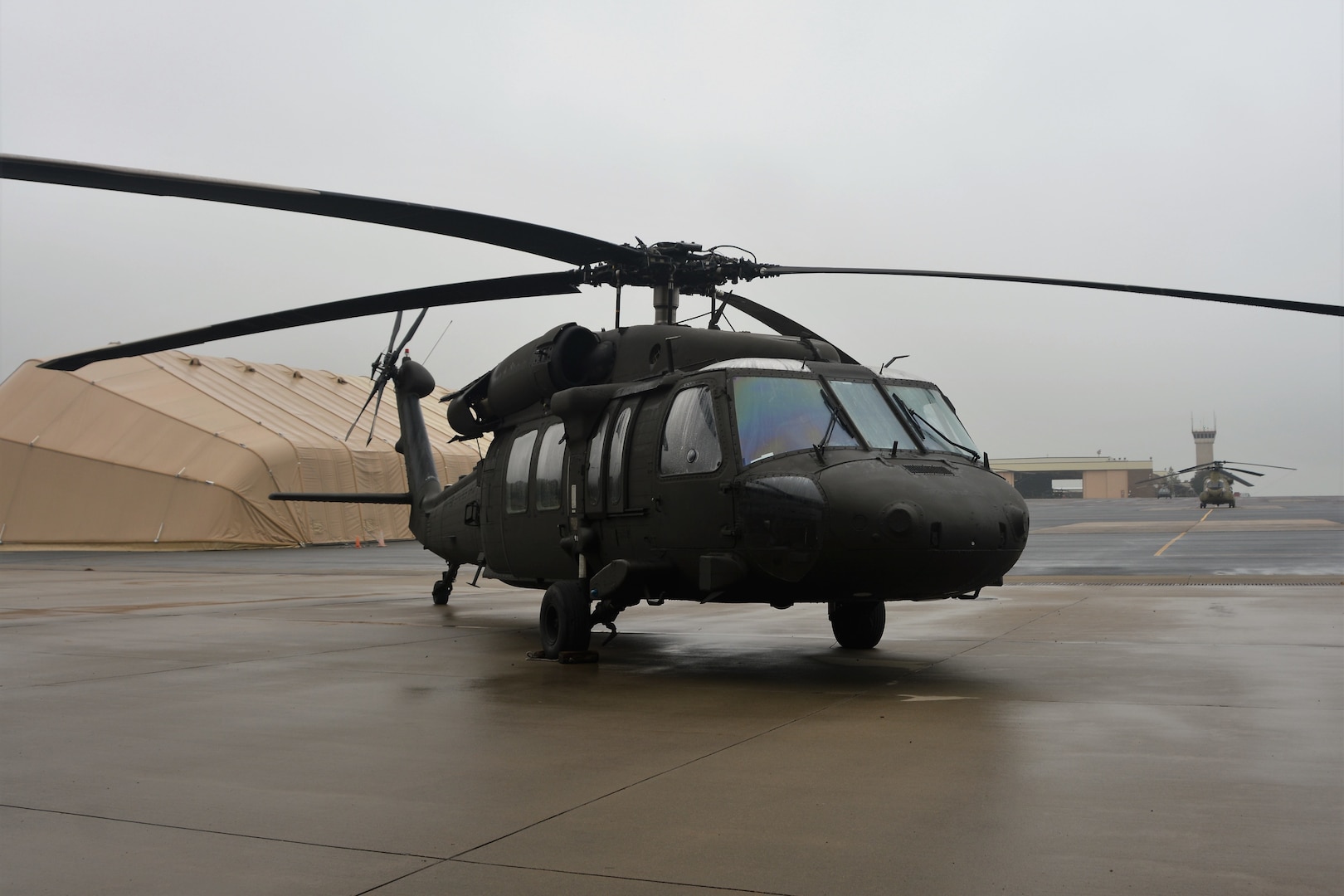The Role of Aircraft fit International Transportation and Trade Dynamics
The development of aircraft has actually indelibly transformed worldwide transport and profession characteristics, promoting extraordinary degrees of connectivity and performance. With the establishment of durable air freight networks, companies can now browse worldwide markets with impressive speed and dexterity, thereby redefining supply chain strategies. Nonetheless, this transformation is not without its challenges, as the aviation industry faces sustainability problems and governing pressures. As we discover the multifaceted influences of airplane on worldwide trade, it is important to think about exactly how these factors will certainly form the future landscape of air travel and its function in the economy.

Evolution of Air Transportation
The evolution of air transport has been marked by considerable technical improvements and advancements that have changed the means individuals and products cross the globe. From the Wright bros' very first powered trip in 1903 to the advancement of supersonic jets, each landmark has emphasized the ruthless pursuit of performance and speed in flight. Early aircraft were primarily primary, restricted by engine power and architectural stability. The introduction of advanced materials and aerodynamics in the mid-20th century led to substantial renovations in airplane performance, security, and integrity.
The latter component of the 20th century observed the appearance of commercial aeronautics as a practical setting of transportation, defined by the introduction of jet engines, which revolutionized air traveling by drastically lowering trip times. The rise of air freight in parallel with passenger solutions has better highlighted the versatility of air travel.
Influence On Global Profession
Air transportation has actually profoundly improved worldwide profession by helping with the swift activity of goods throughout vast ranges. This expedited logistics capacity allows organizations to respond quickly to market needs, thereby improving supply chain efficiency. The capability to transport subject to spoiling items, high-value things, and time-sensitive items has opened brand-new markets and opportunities for various sectors, considerably affecting profession patterns.
Moreover, the advancement of air freight networks has actually promoted globalization, enabling business to resource products and products from different parts of the world effortlessly. This interconnectedness reduces preparations and prices, permitting businesses to remain competitive in a progressively international marketplace. In addition, air transport plays a vital duty in shopping, where customer assumptions for rapid delivery have actually driven a rise sought after for air cargo solutions.
The effect of airplane on international profession expands to the creation of calculated profession paths, connecting regions and assisting in global collaborations. Nations that buy air transportation framework often experience enhanced economic development and raised international direct investment. Overall, the evolution of air transport has not just changed the logistics landscape but has likewise come to be an essential component in the dynamics of global profession.

Financial Benefits of Aeronautics
A robust air travel sector produces significant financial benefits, adding to job development, tourism, and general financial growth - uh 60. The air travel market sustains countless work globally, ranging from straight employment in airport terminals and airlines to indirect functions in fields such as hospitality, transportation, and logistics. According to sector records, for every job in the aeronautics industry, about 3.5 added jobs are produced in the more comprehensive economy
Tourist is a pivotal component of the economic advantages originated from aeronautics. Flight facilitates international tourism, enabling vacationers to discover varied locations, look what i found which in turn promotes local economic climates. Nations that purchase their aeronautics infrastructure frequently experience boosted vacationer arrivals, bring about greater spending on services such as attractions, resorts, and dining establishments.

Additionally, air travel improves worldwide connectivity, enabling businesses to access brand-new markets and sources efficiently. This connectivity cultivates global profession, enabling for the rapid movement of items, which is important in today's globalized economic climate. Therefore, sectors such as shopping and production benefit tremendously from dependable air transport, additional driving economic development. Generally, the air travel sector continues to be a foundation of economic vigor, emphasizing its important role in forming contemporary economies.
Difficulties Encountering the Air Travel Sector
Navigating an intricate landscape of regulatory, ecological, and economic difficulties, the aeronautics industry deals with substantial obstacles that intimidate its sustainability and growth. Laws bordering safety and safety are consistently developing, demanding ongoing conformity and adjustment from makers and airline companies (uh 60). This can lead to boosted functional try this web-site costs and resource allocation that detracts from advancement and development efforts
Additionally, environmental worries have come to be extremely important, with growing scrutiny over carbon exhausts and sound pollution. The industry is under pressure to adopt greener technologies and methods, which frequently need considerable financial investment in r & d. Stabilizing these environmental obligations with the need for air traveling provides a substantial challenge.
Economic fluctuations, such as rising fuel prices and geopolitical uncertainties, further make complex the landscape. Airlines often come to grips with unstable operating expense and varying traveler demand, which can affect productivity and lasting preparation. Labor shortages and skill voids in essential locations include one more layer of complexity, preventing functional effectiveness.
Ultimately, resolving these multifaceted obstacles is vital for the air travel industry to keep its essential function in global transportation and trade, while making certain durability and versatility in an increasingly open market.
Future Patterns in Air Travel
Emerging technologies and changing consumer choices are poised to improve the future of flight dramatically. The assimilation of expert system and artificial intelligence is expected to improve functional effectiveness, streamline airport terminal processes, and boost client solution. Predictive analytics will certainly help with extra accurate need projecting, enabling airline companies to enhance trip routines and prices models.
Sustainability is ending up view publisher site being a vital vehicle driver in air traveling, with the aviation market significantly focused on minimizing carbon discharges. Technologies in aircraft style, such as hybrid and electrical propulsion systems, are being explored to meet environmental targets. Furthermore, the fostering of lasting aviation fuels (SAFs) is anticipated to play a crucial function in achieving net-zero discharges by 2050.
Customer choices are shifting towards customized traveling experiences. Airline companies are spending in advanced data analytics to customize solutions and enhance customer engagement, making sure a much more tailored trip from scheduling to arrival. In addition, the surge of remote job might bring about increased demand for leisure traveling, as people look for to incorporate job and vacation.
Final Thought
To conclude, airplane substantially affect worldwide transportation and trade dynamics by assisting in quick activity and boosting supply chain effectiveness. The development of air transportation has changed global profession, generating considerable economic advantages while additionally providing difficulties that require strategic monitoring. Future patterns suggest a continued reliance on aeronautics for business, highlighting its essential role in globalization and financial advancement. The ongoing adjustment of the air travel market will be essential for maintaining its contributions to the international economic situation.
The last component of the 20th century witnessed the emergence of industrial aviation as a feasible setting of transportation, characterized by the introduction of jet engines, which changed air traveling by substantially minimizing trip times. The rise of air freight in parallel with passenger solutions has actually even more emphasized the flexibility of air travel. In addition, air transport plays a critical role in shopping, where consumer expectations for quick distribution have driven a surge in need for air products solutions.
In general, the development of air transport has not only transformed the logistics landscape but has additionally come to be an important element in the characteristics of worldwide profession.
Sustainability is becoming an essential motorist in air traveling, with the aeronautics sector significantly focused on minimizing carbon emissions.